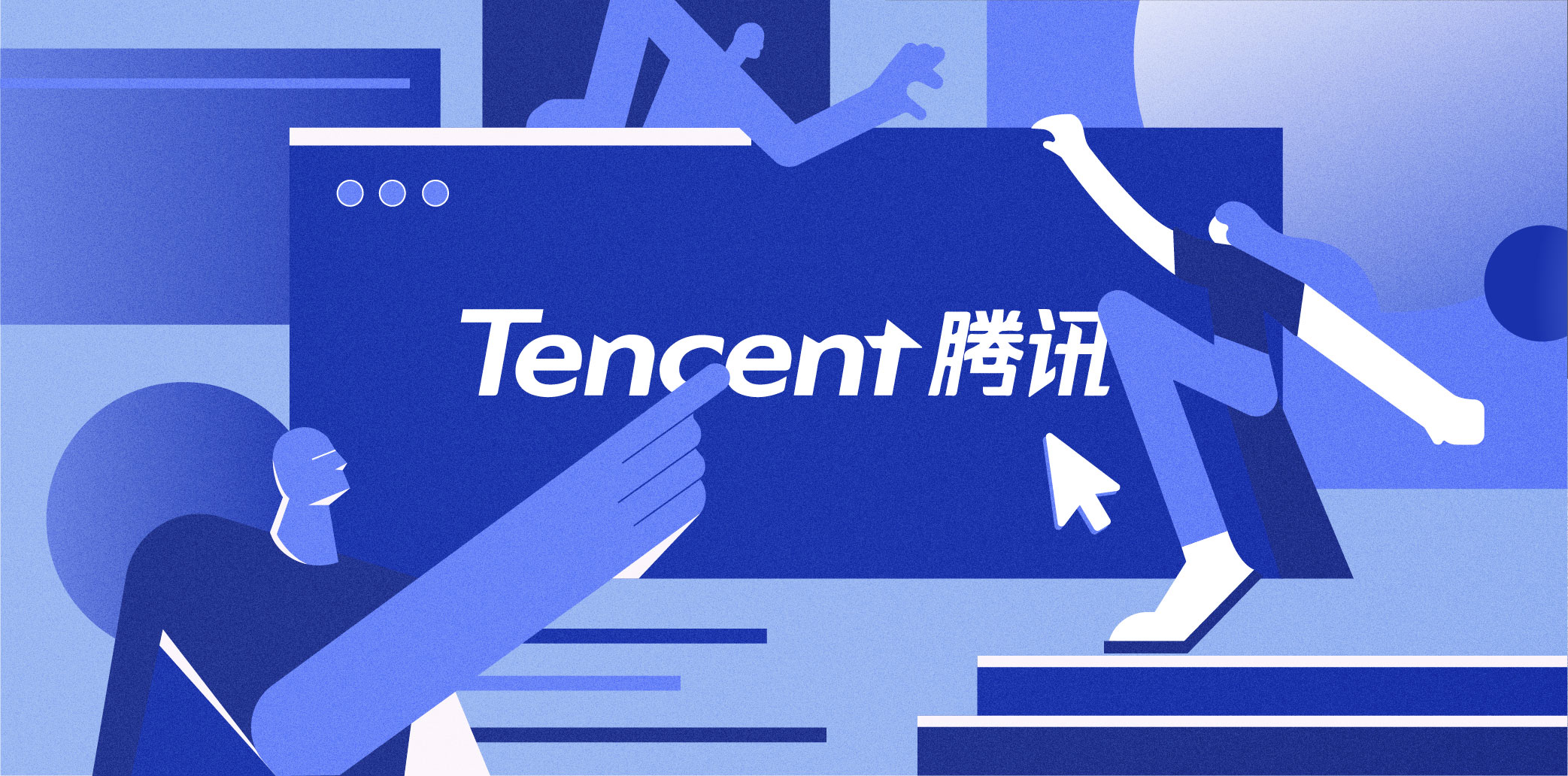China’s largest social media and video game company, Tencent, saw its stock stumble more than 12% since Monday following a report published by The Wall Street Journal saying the company faces a record-setting fine for violating Chinese anti-money laundering regulations. Meanwhile, new draft rules issued by China’s cyberspace regulator demand internet platforms cap minors’ usage time, impacting WeChat and video platforms operated by Tencent.
Together, these two developments have led to tanking share value for Tencent, with the company’s stock price sliding rapidly for two consecutive days.
The Wall Street Journal’s report cited sources that indicated a hefty fine will be levied against Tencent due to loopholes that allow money transfers for illicit purposes such as gambling. The shortcomings were identified by China’s central bank, the People’s Bank of China (PBOC), according to the sources. Tencent was also found to have lapses in “know your customer” and “know your business” compliance processes.
The fine’s amount has not been finalized, but may run in the range of hundreds of millions of yuan. This is significantly higher than the largest fine that the PBOC had previously imposed on a non-bank payment provider for violating anti-money laundering and clearing laws.
In early 2020, the PBOC issued an RMB 23.2 million (USD 3.6 million) penalty to Openlink Payment Services Co., as well as an RMB 17.8 million (USD 2.8 million) levy on Yinyingtong Payment Co., for breaching anti-money laundering regulations. The fine for Tencent is expected to be much higher than these figures.
Tencent’s payments channel is not the only line of its business that faces fundamental changes this week. The Cyberspace Administration of China issued draft rules on Monday to mandate online platforms, including those that operate online video games, livestreams, and short video streaming, to set up a “youth mode” to limit the amount of time minors can use these apps or websites every day. There will also be new restrictions for online fundraising and celebrity popularity polls.
This builds upon rules established in August 2021 that impose a three-hour weekly cap on video game playtime for users under the age of 18.
By 3:00 p.m. on Tuesday in Hong Kong, the value of Tencent’s shares was down 8.5% since the day’s opening, crashing below HKD 300 (USD 38.33). The stock reached its lowest level in three years as investors reassess their positions while the Chinese government continues to rein in major tech companies.

